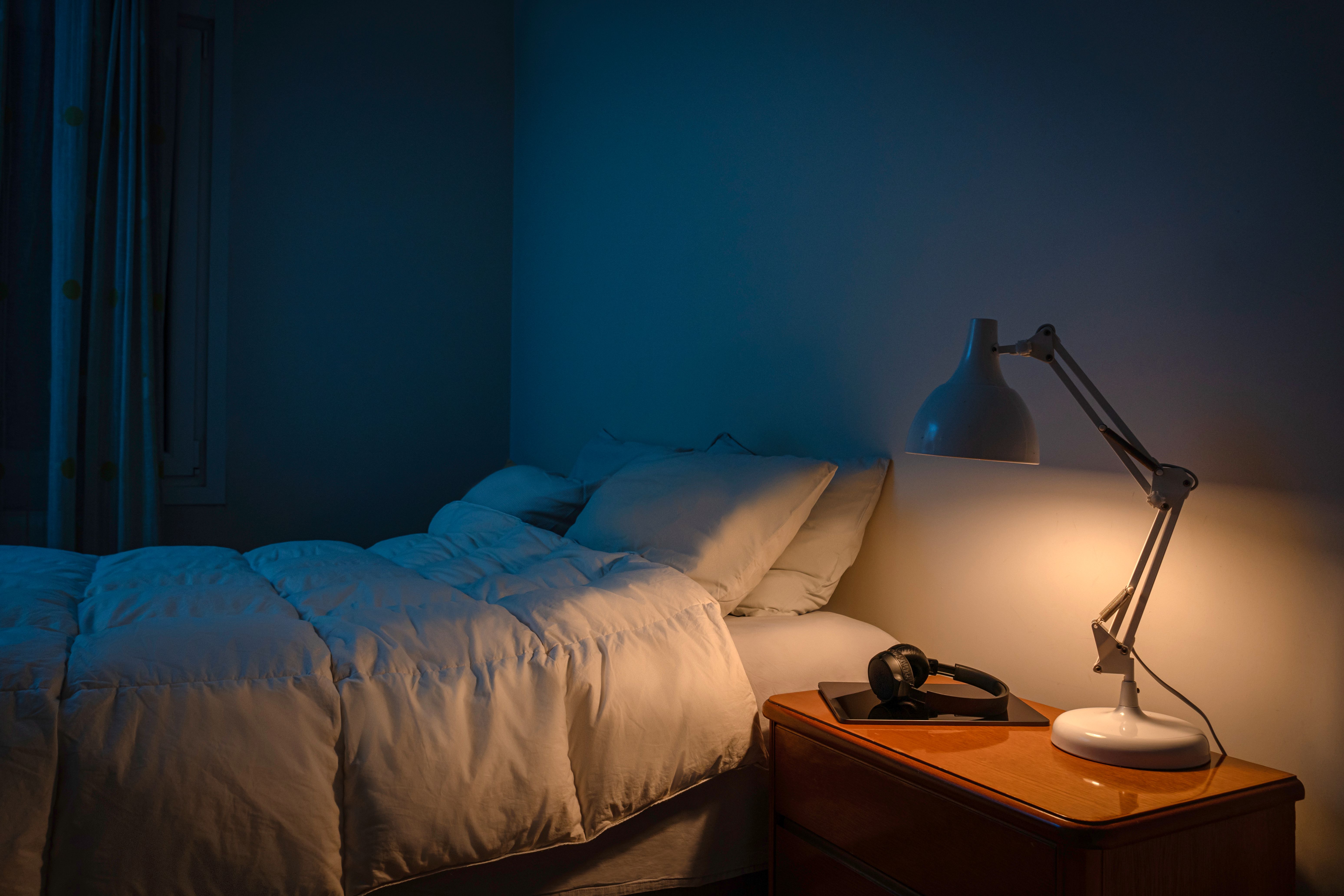The Importance of Sleep Hygiene for Better Health
Understanding Sleep Hygiene
Sleep hygiene refers to a set of practices and habits that are conducive to sleeping well on a regular basis. Good sleep hygiene is essential for maintaining both physical and mental health. By improving our sleep hygiene, we can enhance our overall well-being and boost our daily performance.
Many people underestimate the power of sleep and the role it plays in our health. Lack of proper sleep can lead to a myriad of health issues, including decreased immunity, increased stress levels, and impaired cognitive function. Therefore, it's crucial to prioritize sleep hygiene to enjoy a healthier lifestyle.

Key Elements of Sleep Hygiene
Create a Comfortable Sleep Environment
A comfortable and inviting sleep environment is fundamental for good sleep hygiene. This includes having a supportive mattress, comfortable pillows, and soft bedding. The room should be dark, quiet, and at a cool temperature to promote restful sleep.
Consider using blackout curtains or an eye mask to block out light and earplugs or a white noise machine to drown out disruptive sounds. A clutter-free bedroom can also contribute to a peaceful atmosphere, helping you relax more easily.

Establish a Consistent Sleep Schedule
Our bodies thrive on routine, and maintaining a consistent sleep schedule is a critical component of sleep hygiene. Try to go to bed and wake up at the same time every day, even on weekends. This regularity helps regulate your body's internal clock, making it easier to fall asleep and wake up naturally.
Avoid staying up late or sleeping in excessively on weekends, as this can disrupt your rhythm and lead to difficulties during the workweek.
Daily Habits for Better Sleep
Mind Your Diet and Exercise
What you consume and how much you move can significantly impact your sleep quality. Avoid large meals, caffeine, and alcohol close to bedtime, as they can interfere with your ability to fall asleep. Instead, opt for a light snack if you're hungry before bed.
Regular physical activity is also beneficial for sleep hygiene. Aim for at least 30 minutes of exercise most days of the week, but try to avoid vigorous workouts right before bedtime as they might energize you too much.

Implement Relaxation Techniques
Incorporating relaxation techniques into your pre-sleep routine can help ease the transition from wakefulness to restfulness. Practices such as deep breathing exercises, meditation, or gentle yoga can calm your mind and prepare your body for sleep.
Additionally, limiting screen time before bed is crucial. The blue light emitted by phones, tablets, and computers can interfere with the production of melatonin, the hormone responsible for sleep regulation. Instead, consider reading a book or listening to soothing music.
The Long-term Benefits of Good Sleep Hygiene
Adopting good sleep hygiene practices can lead to numerous long-term benefits. These include improved concentration and productivity, enhanced mood stability, and a stronger immune system. Moreover, quality sleep supports healthy weight management and reduces the risk of chronic diseases.
In conclusion, prioritizing sleep hygiene is an investment in your long-term health. By creating a conducive sleep environment, maintaining a consistent routine, and adopting healthy habits, you are setting yourself up for better health and well-being.